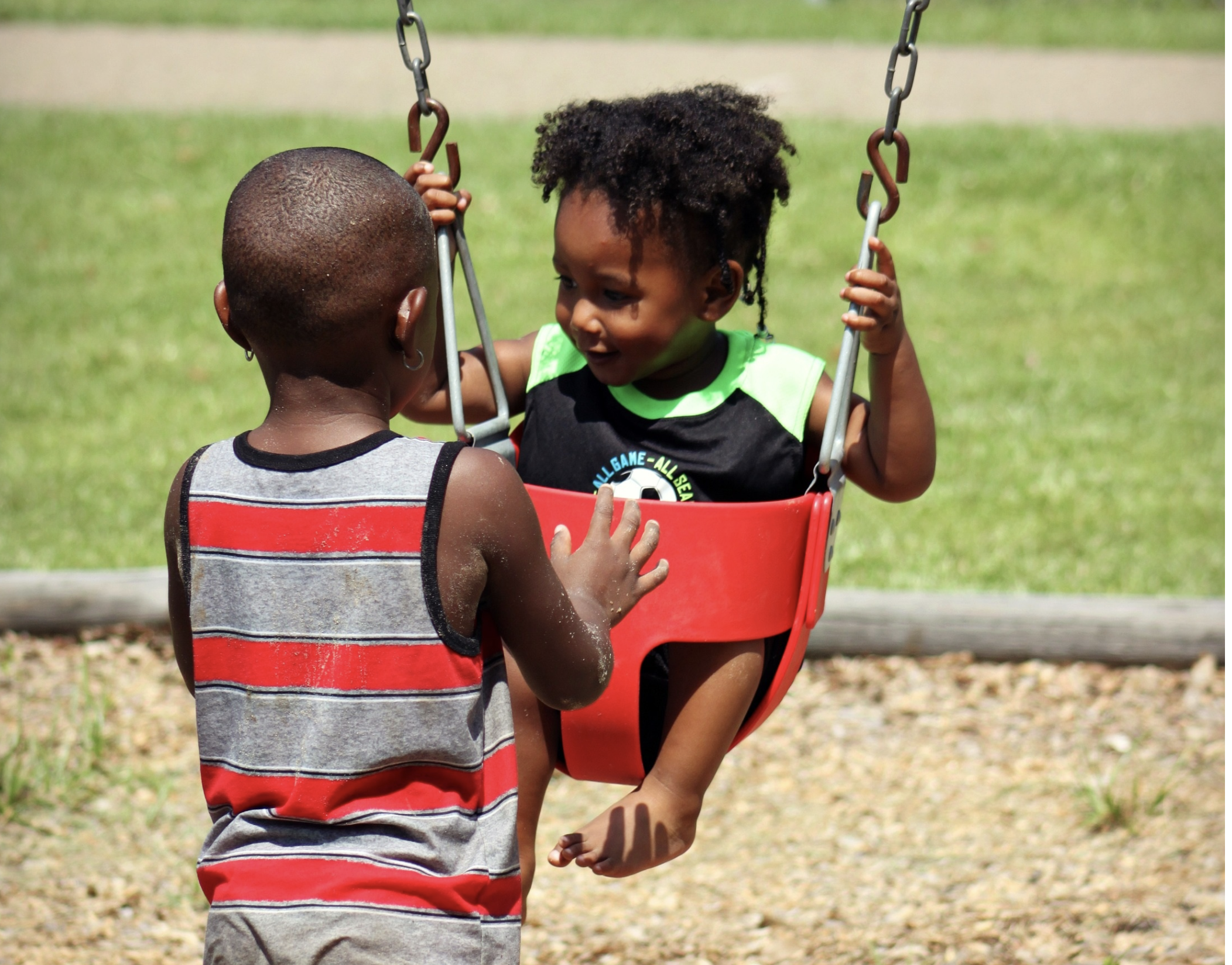CSU researcher’s findings suggest courts adequately handle manipulative behavior in custody cases

Parental alienation, or the theory that one parent will discredit another to turn their children against the ex-spouse, is a largely unsuccessful strategy for custody proceedings, a Colorado State University researcher has found.
Jennifer Harman, a professor of psychology, reviewed 967 appellate court decisions in which parental alienation played a role. The findings, published in Psychology, Public Policy, and Law, suggested that parents who engaged in alienation tended to receive less parenting time, while those who falsely alleged being alienated were unlikely to receive more parenting time.
“The heartening thing is that the court does not seem to be taking any allegation of parental alienation or abuse lightly,” Harman told the CSU news service. “Our data proves that the courts are saying ‘This is serious, and this is affecting children, and we should protect these children from this kind of abuse.'”
Harman and her co-author, Demosthenes Lorandos, undertook the study in response to a 2019 publication from the George Washington University Law School. In that study, researchers reported the opposite: that courts too readily bought into the parental alienation theory and under-validated legitimate abuse allegations.
Judges, the authors wrote, were “excessively skeptical of child physical and sexual abuse reports, are likely overly skeptical of domestic violence claims, and sometimes award custody to known abusers. Overall, mothers reporting abuse – particularly child abuse – are losing custody at high rates.”
Harman indicated to CSU that her study contradicted those findings.














